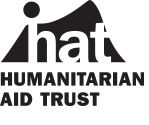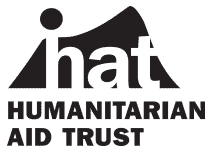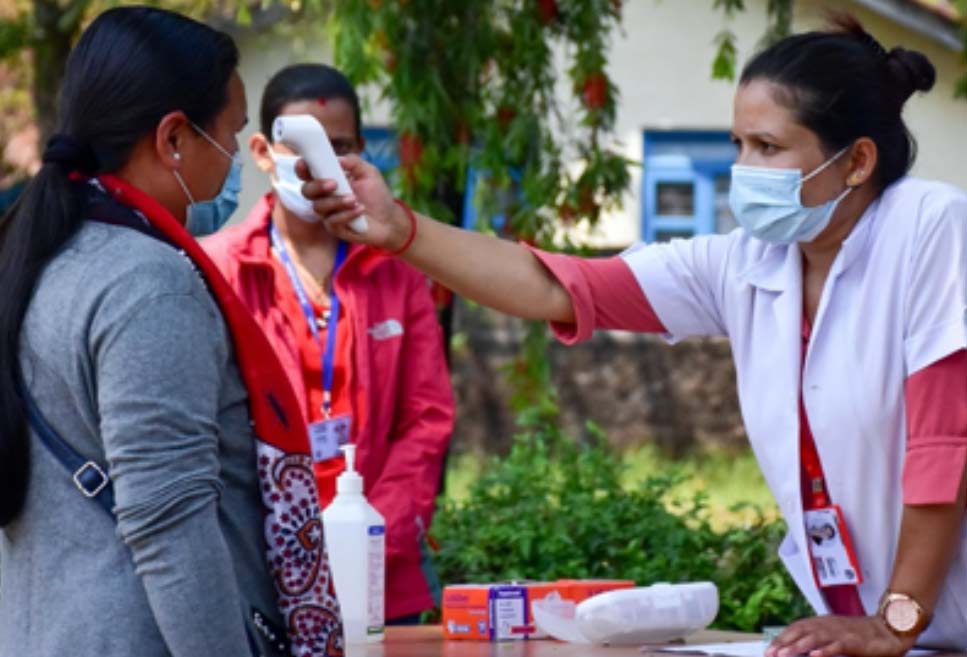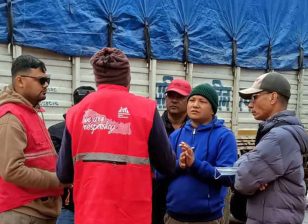INF Responds to Covid-19
Confirmed coronavirus cases continue to increase across Nepal, and while the Government has indicated plans to ease lockdown policies in several stages over coming weeks, many people are still struggling to meet their basic needs.
People’s health needs during the COVID-19 pandemic go beyond infection prevention and treatment. People with disabilities are unable to access rehabilitation and therapy support. Children miss out on critical health and developmental milestones such as vaccinations, schooling or early childhood education. Families experience hunger and vulnerability as their incomes drop dramatically. People struggle with anxiety and depression in the face of disruption and uncertainty.
Essential Needs
Since measures to restrict the spread of COVID-19 were implemented, INF has worked with local and provincial governments to identify vulnerable and needy people in need of emergency food relief and other support. To date, INF has supported more than 1,000 households across ten districts with supplies of rice, pulses, salt, oil, sugar and soap.
In Surkhet, Mugu and Jumla, this relief effort for the most socially and economically vulnerable people has focused on supporting people with disabilities and people who are daily wage labourers and bonded agricultural workers. These groups have suffered particularly heavily. In Bajura, for example, INF helped purchase and deliver food to vulnerable families and supported the distribution efforts of the Local Government
One beneficiary, Jhimu, said, “My husband has been working for daily wages in the village and Kolti Bazar. It is all our family of six have to survive on. But during the lockdown, he can’t do daily labour work, and it has become challenging for us to survive. For more than a week, we have been living with just half a stomach because we have no food. Nobody in the village has provided us with food, even though we have worked for them because they also are afraid of a long lockdown. We are very happy with INF Nepal and give thanks to all who helped with the support.”
Promoting Health
INF has always sought to provide holistic health care through our hospitals and clinics, community-based rehabilitation, nutrition and maternal, neonatal and child health programs. During the pandemic, we are being challenged to find new ways to support vulnerable people and to promote physical, mental and emotional health across Western Nepal.
INF’s communications team have been working with the provincial government and the World Health Organisation to develop communication resources to promote health and hygiene messages. We have developed a series of videos for people with disabilities focusing on personal care, rehabilitation and hygiene. Another video provides encouragement and support for families to share essential health lessons with children and to adopt play-based learning to support their children. A radio jingle currently airing in Gandaki Province encourages people with ways to manage stress and anxiety.
An exciting new program is a telehealth and tele-rehab program, developed by Green Pastures Hospital [GPH] with support from the World Health Organisation. In consultation with the relevant doctors, GPH’s nurses and peer counsellors are able to provide support and advice to people with disabilities who are former patients. This outreach provides not only practical care but also a much-needed experience of love and cares for vulnerable people in these challenging times.







